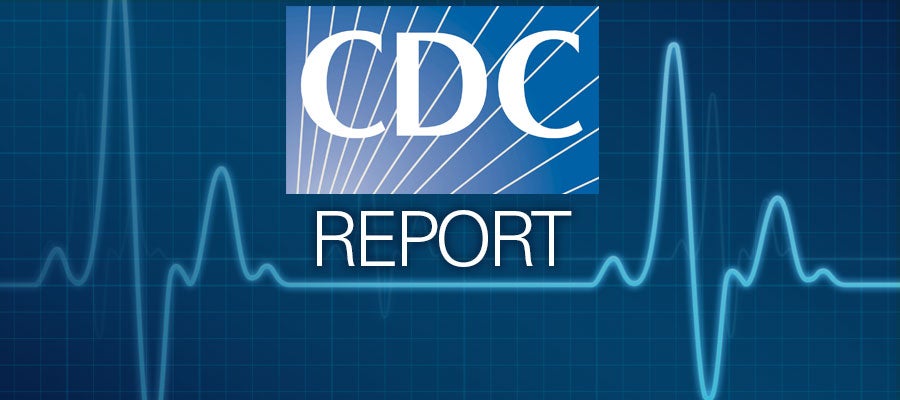
The AHA expressed concerns June 10 to the Centers for Medicare & Medicaid Services about its proposed Transforming Episode Accountability Model (TEAM), saying it "is proposing to mandate a model that has significant design flaws, and as proposed, places too much risk on providers with too little opportunity for reward in the form of shared savings, especially considering the significant upfront investments required."








